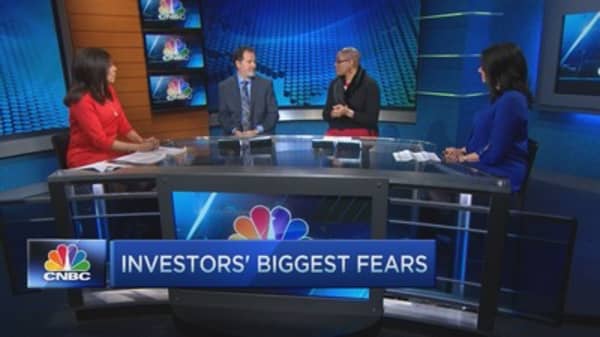The federal tax deduction would seem to make municipal bonds excellent assets for high-income investors. The state deduction would seem to make homegrown issues even better holdings for investors who live in high-tax states such as New York, New Jersey and California, and seem even better still for residents of New York City and, perhaps, Wilmington.
Some financial advisors encourage their clients to keep nearly all, or at least most, of their bond exposure in munis. It's easy to see why with a look at mutual fund performance over the medium to long run.
The average municipal bond fund returned 4.7 percent a year in the five years through this March, according to research firm Morningstar, about the same as for the average bond fund that provides no tax break.
Read MoreThree scariest things about municipal bonds
Municipal yields continue to exceed those of Treasury instruments across the yield curve. Ten-year munis recently yielded 2.3 percent on average, according to Bloomberg, compared with 2.1 percent for 10-year Treasuries. The corresponding figures for two-year issues were 0.65 percent and 0.5 percent.
The case for munis, certainly relative to Treasurys, seems clear. Yet as with most investments, there's more to the story. It's important to remember, for instance, that while muni returns have been adequate, they have not been spectacular despite nearly ideal conditions of a slowly recovering economy and ultra-low interest rates.




